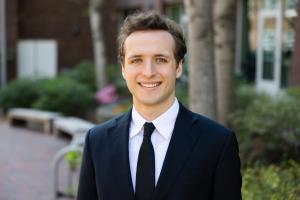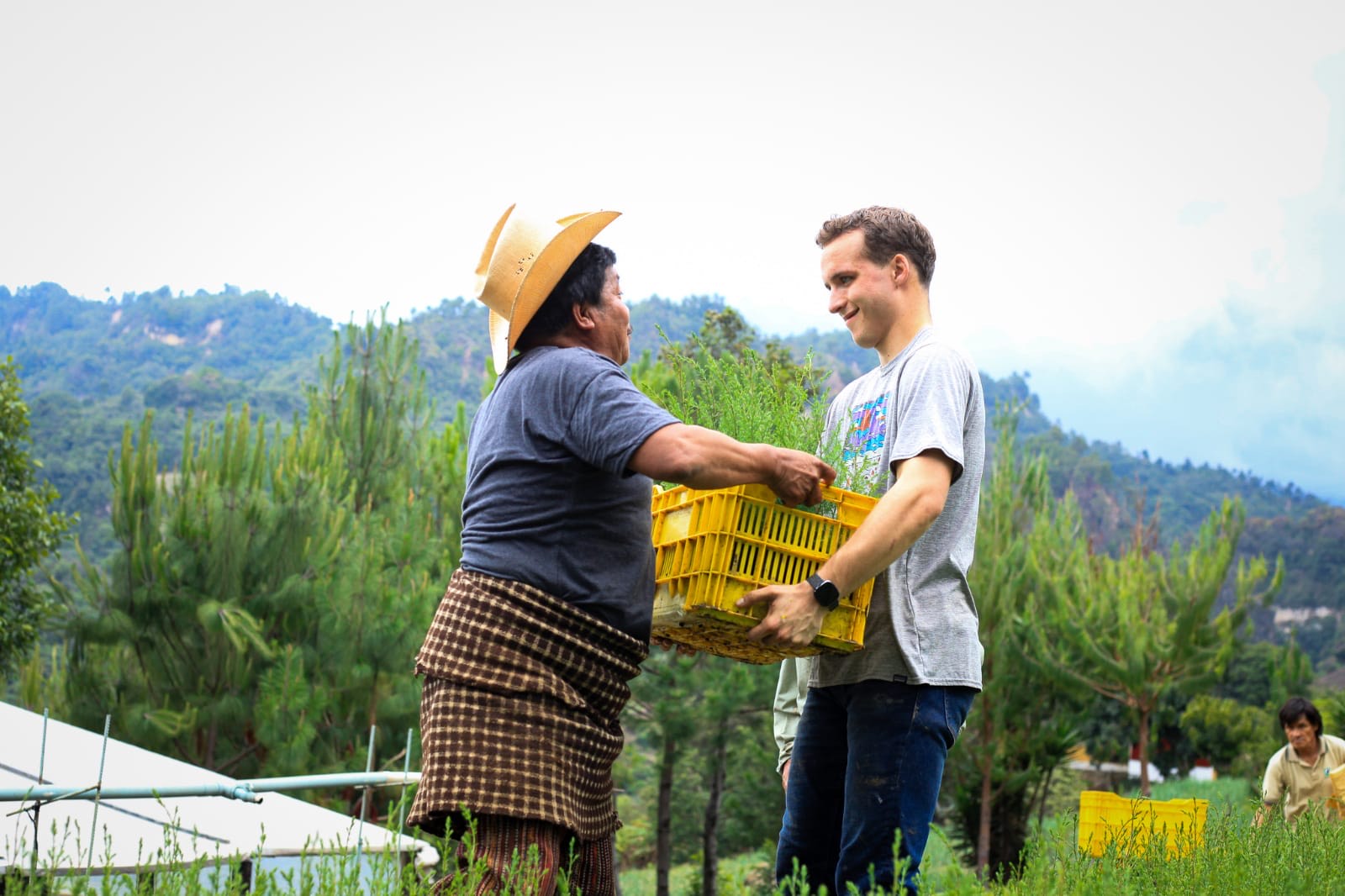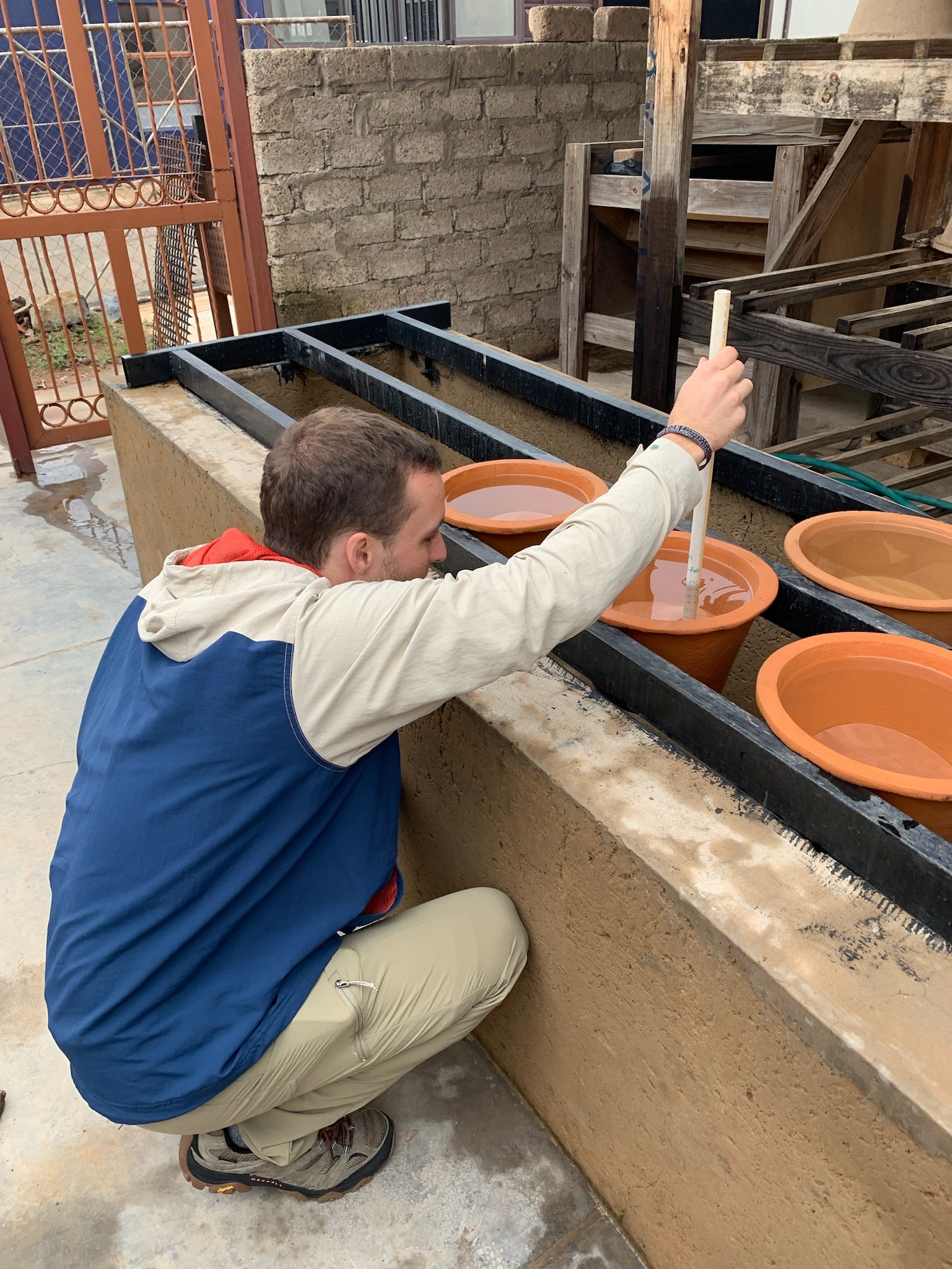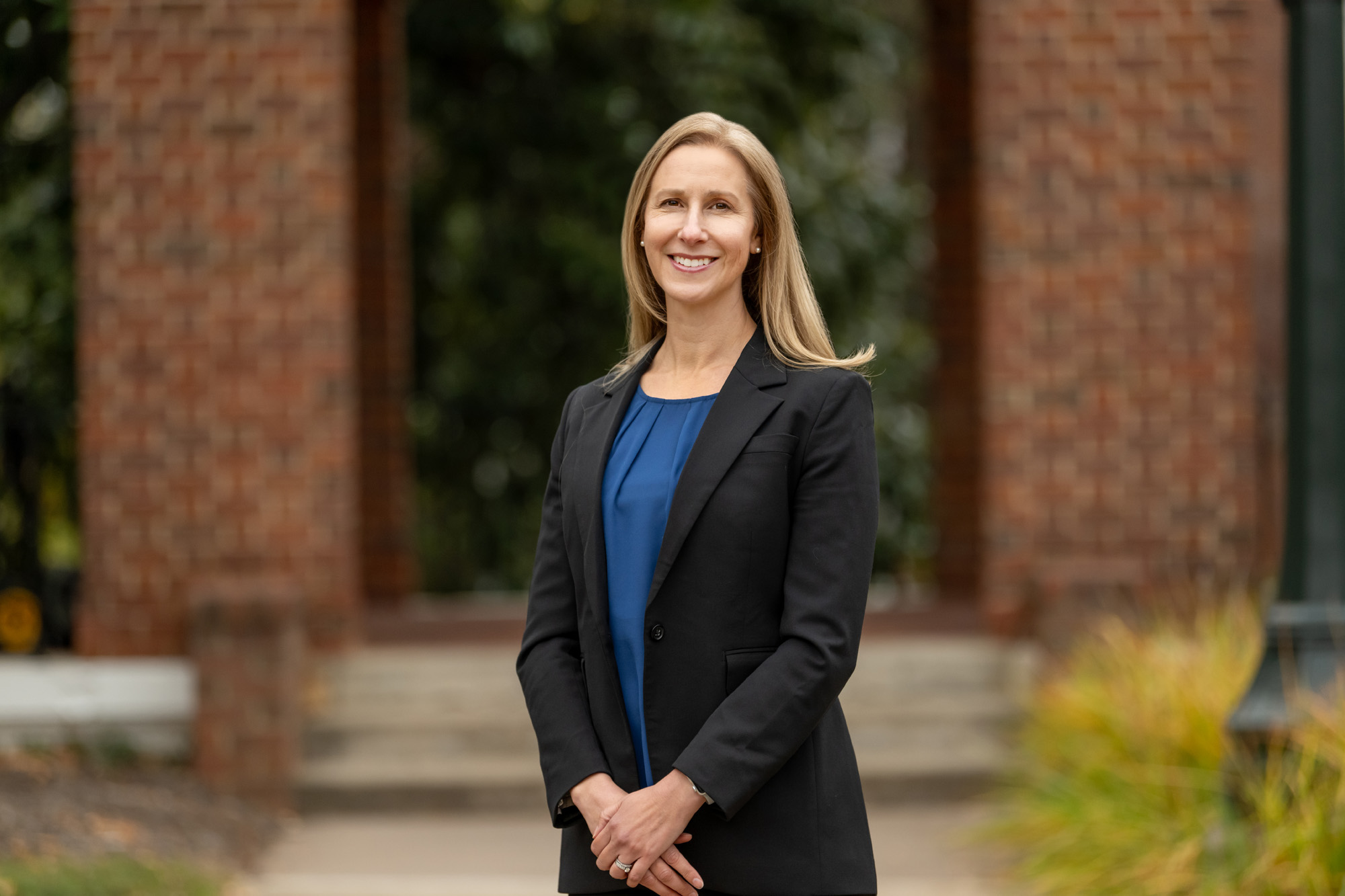
Like many students, University of Virginia civil and environmental engineering student Reese Hertel wasn’t sure when he arrived at the University of Virginia which path his career should take.
He thought he might want to use his Spanish skills. He considered working close to the Earth somehow. But one thing he was sure about.
“One of my core beliefs is that it is my generation’s responsibility to fight climate change and to mitigate its impacts,” he said.
Here’s how Hertel, a fourth-year student, found his way to a job at Equinor, an international company focused on producing cleaner, greener energy.
An Influential Coffee Chat
During the spring of his first year, Hertel signed up for a coffee chat through the Center for Engineering Career Development.
“Little did I know that this meeting at the Oakhurst Inn Cafe would end up being one of the most influential moments in my UVA career-development journey,” he said.
Hertel met with Julia Lapan, director of the center. They discussed not just potential paths, “but more importantly, our lives and our values.”
Since that initial conversation, he has met with Lapan numerous times to discuss career goals, review resumes, conduct mock interviews, and evaluate internships and job offers.

International Opportunities
Hertel likes to travel and explore, so he spent two of his college summers abroad.
He worked one summer for the environmental nonprofit Wellkind Guatemala doing reforestation work. The conservation internship allowed him to contribute to the 75,000 new trees the organization has planted since 2019.
Hertel also spent a semester in Valencia, Spain, where he completed his Spanish minor.
“I knew that UVA had the potential to provide me with international opportunities, and I tried to take advantage of as many of these as possible,” he said. “These experiences were extremely rewarding and reaffirmed my desire to eventually work internationally.”

2 Internships, 2 Possible Paths
Last summer, Hertel split his time away from coursework between a pair of internships.
The first was assisting professor James A. Smith’s research in South Africa. Smith is the inventor of the MadiDrop+, a silver-embedded porous ceramic tablet for purification of household drinking water. About a fourth of the world does not have access to safe, clean water.
The second internship was as a project engineer for renewable energy firm East Point Energy in Charlottesville.
“These experiences represented two directions,” Hertel said. “While I enjoyed some aspects of research, I preferred the work in clean energy and chose to continue on this career path.”
A Pivotal Course
In the fall, Hertel took professor Andrés Clarens’ Introduction to Green Engineering course. It was good timing. The professor was named an assistant director of the White House’s Office of Science Technology Policy earlier this year.
The introductory course on renewable energy covered a variety of topics, which exposed him to diverse careers within the field, he said.
“We had opportunities to apply engineering knowledge and business principles to real-world situations,” Hertel added. “The course further increased my enthusiasm to work in renewable energy.”
His Capstone Decision
Part of the capstone process for completing the engineering program is refining one’s personal mission statement.
“I defined my philosophy as work that contributes to sustainable progress, improves the resilience of society and the environment, and leads to financial independence without sacrificing happiness or well-being,” the civil and environmental engineer said.
He’s now headed to work for Equinor, East Point’s parent company, which is based in Norway but has locations worldwide. The company prides itself on its low-carbon energy portfolio and its push for net zero carbon emissions by 2050.
Hertel will work in multiple departments, including internationally, as part of the company’s graduate rotational program.
“The opportunities for continuous learning, contributing to fight climate change and working abroad attracted me to this position, and I could not be more excited,” he said. “One of the biggest lessons that I learned during my time at UVA is that you do not need to know exactly what job you want to do, but it is incredibly important to understand and apply your core values to decisions about your future.”
